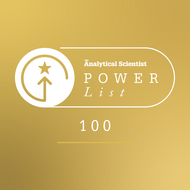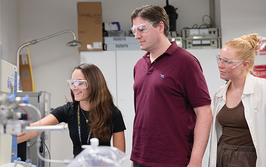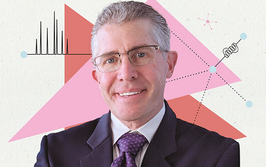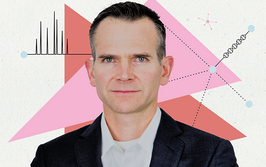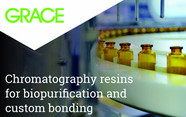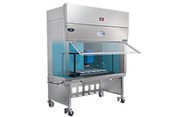Alexander Makarov
The Power List 2015
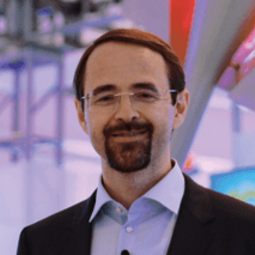
Alexander Makarov
Director Global Research Life Science Mass Spectrometry, Thermo Fisher Scientific, Germany.
Most important lesson Be fair with people and nature. With people that means just following normal moral maxima (like “treat others as you would like to be treated”), for nature it means that you should not try to get anything from it by a cavalry attack (for example, “try and see what happens”), but rather by deeper understanding and modeling of the underlying principles, complications and pitholes followed by a long-term and systematic effort to reach your goals.
Funniest moments There have been a number of funny moments in my career – mainly they are associated with my integration into British way of life. When I started working for HD Technologies in Manchester, there were only few of us and it was like a crew in a U-boat, working long hours in a close proximity.
One colleague was very organized and every day at 10am he made a cup of tea for the four of us. I took my tea without milk, but because I was an outlier, he forgot every time, month after month, year after year. And so, every day at 10:03am everybody was sure to hear the same statement: “Oh, Alex! I forgot that you don’t take milk with your tea!” In the end, I got used to the habit and drank tea like everybody else – with milk.
Learning the great British art of understatement was also amusing to me. For example, when somebody came into the room with news like: “The project is a disaster, everything has failed...” the response might be, “Well, this is a worry…” And when something great happened (for example, collecting the first Orbitrap spectrum), the response would be, “Not bad at all!” When we were learning for the first time about ICP-MS for a project that later became Optimass 8000 instrument marketed by GBC Pty Ltd (R&D 100 Award of 1998), the first thing we did was to burn a hole through the cone into the first vacuum region of our ICP-TOF. The response was just “Hmmm… interesting!”
Eye on the horizon The future is bright for mass spectrometry and for the whole field of analytical science. I see both being increasingly used in medicine and clinical settings, as the need to routinely characterize biological samples becomes more crucial. In the end, analytical science will be central to our attempts to live longer and healthier – and I expect the whole field will align in this direction. From a technological point of view, there will inevitably be a concurrent shift towards massively parallel techniques (as seen in next generation sequencing) and lower cost per analysis – and that probably demands increasingly simple systems.
Feature article: tas.txp.to/1015/Makarov See page 48 for more.
